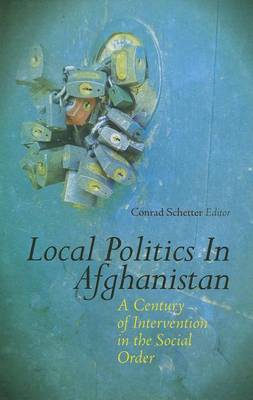Columbia/Hurst
1 total work
Local Politics in Afghanistan
Published 1 January 2013
Afghanistan's people have contended with an almost continuous series of foreign interventions in their local affairs in the nineteenth and twentieth centuries. Not only have external powers such as British India, the Soviet Un- ion, Pakistan and NATO meddled egregiously in local affairs, but so have Afghan governments, including monarchical, Communist, Islamist and ostensibly democratic ones. While the robust resilience of the Afghan population in the face of external influence is widely recognised, how the local populations have concretely dealt with these interventions and how local politics is structured in Afghanistan still remain somewhat open questions. This volume sheds light on this phenomenon as well as illuminating the complexities of local politics in Afghanistan, analysing also how the local social order is disturbed or reinforced by outside intervention. It also advances our understanding of Afghan society by presenting local politics in a way that frees it from the false binary of romanticisation and demonisation. A central theme is understanding how rational objectives play out in local politics and are guided by social factors such as trust, solidarity, reciprocity and patronage. The book also explores the role jirgas and shuras have played in negotiating between the local and external interventionists.
